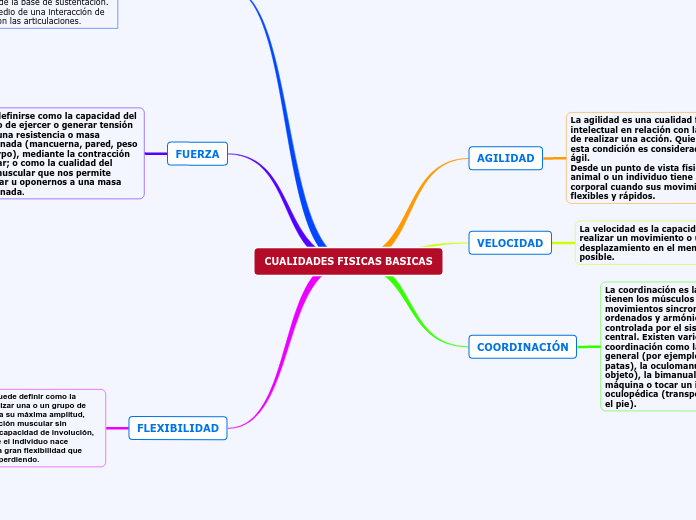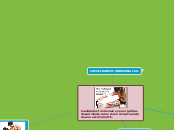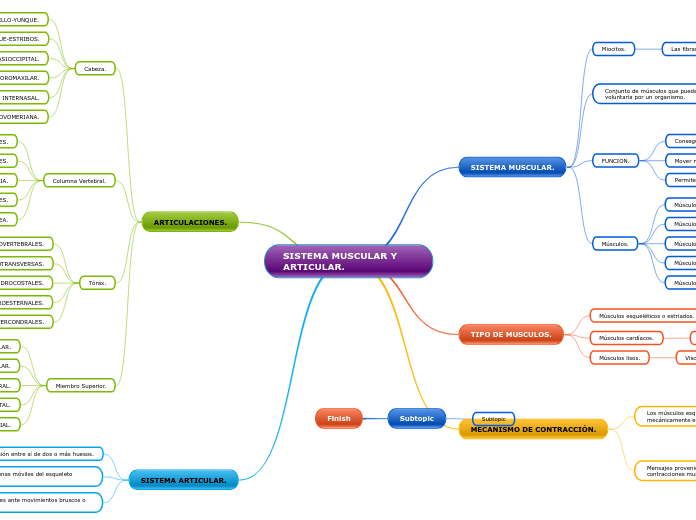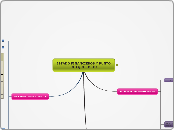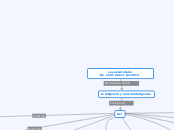CUALIDADES FISICAS BASICAS
The Personal SWOT Analysis will provide insights based on your personality strengths and weaknesses, challenges you see ahead, opportunities present around you now, as well as future favorable circumstances.
FLEXIBILIDAD
Finally, look at any threats to your career growth. This part accounts for the external factors that could hurt the chances of attaining your goals.
La flexibilidad se puede definir como la capacidad de movilizar una o un grupo de articulaciones hasta su máxima amplitud, mediante la elongación muscular sin lesionarse. Es una capacidad de involución, lo que significa que el individuo nace disponiendo de una gran flexibilidad que paulatinamente va perdiendo.
Performing this analysis will often provide key information – it can point out what needs to be done and put problems into perspective.
These are sample questions and sample answers, please feel free to add your own questions and answers.
Los ejercicios de estiramiento funcionan por medio de conseguir que los principales grupos musculares puedan ser alongados hasta el máximo.
Método de Flexibilidad Estática: consiste en que el mismo individuo, sin ayuda externa, realice el ejercicio manteniendo una posición fija mientras siente que los músculos y tendones se estiran. La posición debe durar aproximadamente 10 a 15 segundos.
Método de Flexibilidad Asistida: hay una fuerza externa que ayuda a la persona que ésta elongando. Por ejemplo, una persona ayuda a otra a realizar los ejercicios, lo cual permite al individuo que está trabajando, relajarse más y mejorar los movimientos.
Método de Flexibilidad Dinámica: se ejercita utilizando los movimientos de los miembros corporales. Algunos la incluyen como una sub-categoría dentro de la flexibilidad activa. Se inicia de forma leve y la velocidad se va incrementando lentamente a medida que avanza el número de repeticiones.
Método de Facilitación Neuromuscular Propioceptiva (FNP): Supone una contracción global de los músculos de toda una cadena cinética y el posterior estiramiento. Es la técnica más eficaz para ganar flexibilidad en un tiempo récord.
FUERZA
Once you have listed out your SWOT - It's now time to evaluate and determine further steps that need to be taken in order to achieve your goals.
There are mainly two methods:
1) Matching
2) Turning negatives into positives
Puede definirse como la capacidad del músculo de ejercer o generar tensión contra una resistencia o masa determinada (mancuerna, pared, peso del cuerpo), mediante la contracción muscular; o como la cualidad del tejido muscular que nos permite desplazar u oponernos a una masa determinada.
The other method is converting your weaknesses into strengths or threats into opportunities.
For example: growing a skill set through education, finding a creative way to feature a weakness as a strength, etc.
Clases de contracción muscular
Contracción isométrica o estática (sin movimiento, igual longitud); es la fuerza máxima ejercida contra una resistencia inamovible. En este caso el músculo permanece estático, sin acortarse ni alargarse, pero, aunque permanece estático genera tensión. (Ejemplo: empujar contra la pared, ejercicio de plancha.)
Contracción isotónica o dinámica (con movimiento, igual tensión); Se define como contracciones isotónicas, desde el punto de vista fisiológico, a aquellas contracciones en las que las fibras musculares además de contraerse, modifican su longitud acortándose o alargándose.
(Ejemplo: flexión y extensión de brazos en el suelo).
Las contracciones isotónicas se dividen en:
Concéntricas: Una contracción concéntrica ocurre cuando un músculo desarrolla una tensión suficiente para superar una resistencia, de forma tal que este se acorta y moviliza una parte del cuerpo venciendo dicha resistencia.
Excéntricas: En este caso el músculo desarrolla tensión alargándose es decir extendiendo su longitud.
EQUILIBRIO
This is the most important step of all: bringing the plan into action.
Start using your results to track your progress. Set up measurements and milestones and keep working toward them. Step by step, you will get where you want to be, so get started now!
Es la capacidad sensorio motriz que tiene el organismo para conservar una postura estática o dinámica venciendo las fuerzas externas que se le oponen (fuerza de gravedad, viento, etc). Depende del centro de gravedad y de la base de sustentación. Se logra por medio de una interacción de los músculos con las articulaciones.
COORDINACIÓN
For the opportunities section, look at the external factors you can take advantage of in pursuing a promotion, finding a new job or determining a direction for your career.
La coordinación es la capacidad que tienen los músculos para realizar movimientos sincronizados, ordenados y armónicos y esta controlada por el sistema nervioso central. Existen varios tipos de coordinación como la dinámica general (por ejemplo, andar a 4 patas), la oculomanual (lanzar un objeto), la bimanual (escribir a máquina o tocar un instrumento) y la oculopédica (transportar un balón con el pie).
What will you gain from the opportunities that you might take advantage of?
List out all the things that will help you.
Here are some examples:
- Learning new technologies
- Interacting with people currently working in that field
- Better Pay
- I will be able to teach and help other fellow colleagues
- This will help me move up in the organization
VELOCIDAD
This part examines the areas which you need to improve and the things that will set you back in your career.
It is really important to be honest when you list out your weaknesses.
La velocidad es la capacidad de realizar un movimiento o un desplazamiento en el menor tiempo posible.
Velocidad de reacción simple: es la respuesta a un estímulo preestablecido.
Velocidad de reacción compleja: es la respuesta instantánea a algo inesperado, no previsto.
Ask people around you about your weaknesses - such as the colleague sitting next to you, your sibling or your best friend.
AGILIDAD
Begin by identifying your strengths. These are the traits or skills that set you apart from others.
List out all your strengths - if you get stuck, talk to people around you and ask for their input. Please be honest with yourself.
La agilidad es una cualidad física o intelectual en relación con la manera de realizar una acción. Quien tiene esta condición es considerado como ágil.
Desde un punto de vista físico, un animal o un individuo tiene agilidad corporal cuando sus movimientos son flexibles y rápidos.
These are sample questions and sample answers, please feel free to add your own questions and answers.
